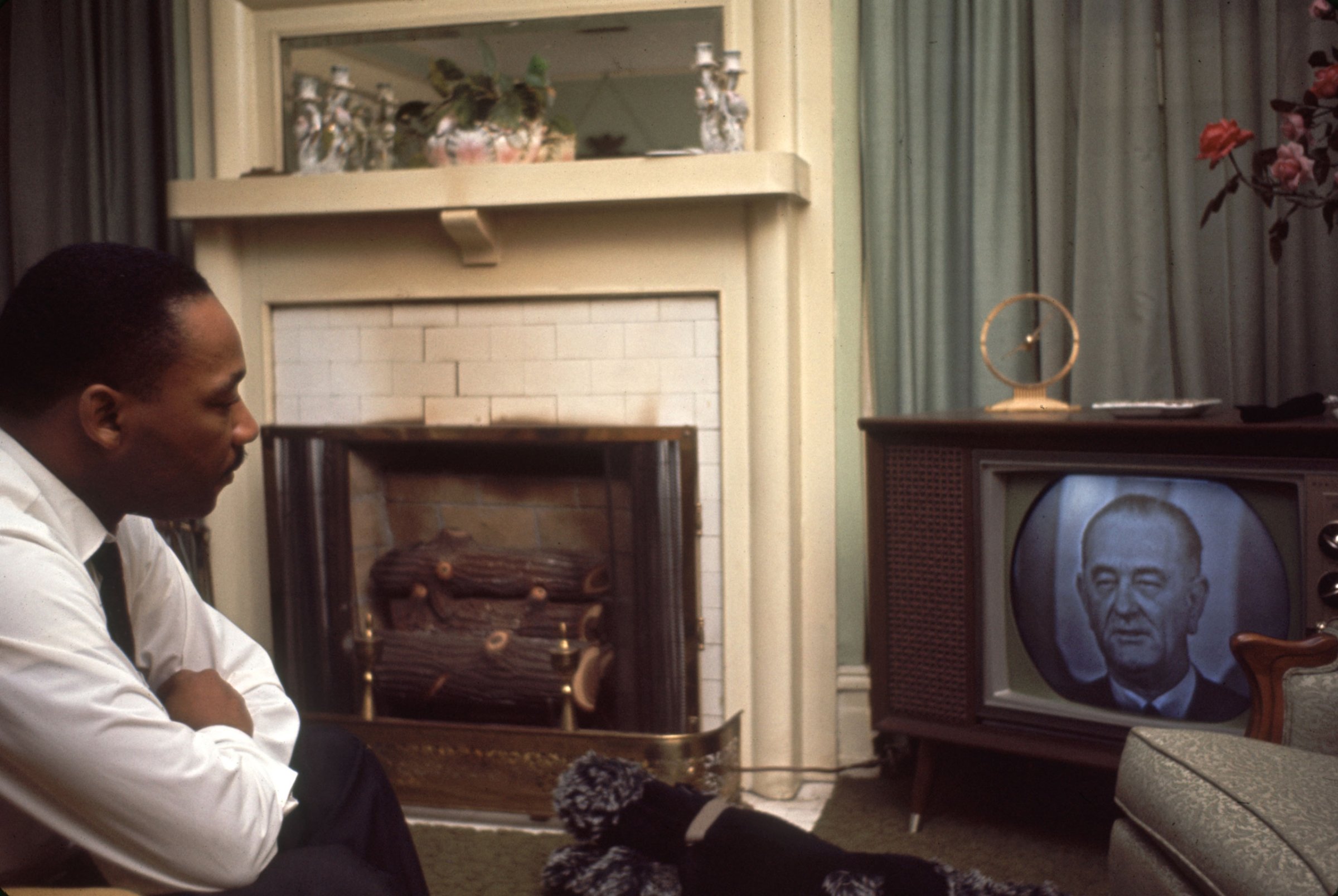
Last week, President Obama and the rest of the nation gathered in Selma, Ala., to commemorate the 50th anniversary of Bloody Sunday. But another pivotal moment on the road to equal voting rights took place a week after that violent day, on March 15, 1965, when President Lyndon B. Johnson made his famous “We Shall Overcome” speech urging lawmakers to pass the Voting Rights Act.
Martin Luther King, Jr., who had been pushing President Johnson to publicly advocate for such a law, was at a friend’s home in Selma on the night of the momentous speech. The one-story house owned by Sullivan and Richie Jean Sherrod Jackson, where King lived for several months in the lead-up to the Selma-to-Montgomery marches, became an operational headquarters of sorts for him and other members of the Southern Christian Leadership Conference. The home and the family that owned it are depicted in several scenes in the biopic Selma.
“There were people staying in this house that were dedicated to the progressive movement of African Americans from the early 1900s,” says Jawana Jackson, the daughter of Sullivan and Richie Jean. Built in 1906 by local black educator and businessman R.B. Hudson, the home had in its early days hosted important Alabama leaders such as Booker T. Washington, according to Jackson. In the 1960s, when Sullivan and Richie Jean lived in the home, prominent black ministers regularly stayed there as they attended training sessions and meetings at nearby Selma University.
After the SCLC selected Selma as the location to launch its voting rights campaign, King and several other Civil Rights leaders, including C.T. Vivian, Andrew Young and Ralph Abernathy, regularly held meetings and slept at the Jackson home. In the weeks before the marches, as many as 25 to 30 people would cram into the three-bedroom home, sleeping on couches and even in the bathtub. On March 9, two days after Bloody Sunday, U.S. Assistant Attorney General John Doar visited the home to warn King against trying to immediately stage another march to Montgomery. King greeted the attorney in Sullivan Jackson’s pajamas, according to historian Taylor Branch’s At Canaan’s Edge: America in the King Years.
Jawana Jackson was a 6-year-old girl as these historic events were unfolding. She recalls making mudpies for King, whom she calls “Uncle Martin,” and serving him with her children’s tea set. “He was always caring,” she says now. “He was always available. I had no clue that this man was changing the world, but I did have a sense that something powerful was going on because of the energy in this home.”
On March 15, King sat in the Jacksons’ living room and watched the President deliver his historic speech. LIFE photographer Frank Dandridge, who had previously photographed the aftermath of the 16th Street Baptist Church bombing in Birmingham, Ala., was embedded in the home and captured several powerful images of King intently watching one of his goals coming to fruition. “The world wanted to see his expression as the President spoke,” says Jackson.
Though the Jacksons continued to live in the house until Richie Jean’s death in 2013, they decided to preserve its appearance because they recognized its historical significance. The home was listed on the National Register of Historic Places in January 2014. Today the bed where King slept and the phone he used to talk with President Johnson are still intact. Though the home is not currently set up for general admission, interested parties can visit the Jackson Foundation website to book a private tour or offer a donation. “People will have an opportunity to see a special side of the Selma movement,” says Jackson. “Really a side of the Civil Rights Movement that is rarely seen.”
How LIFE Magazine Covered the Selma Marches in 1965
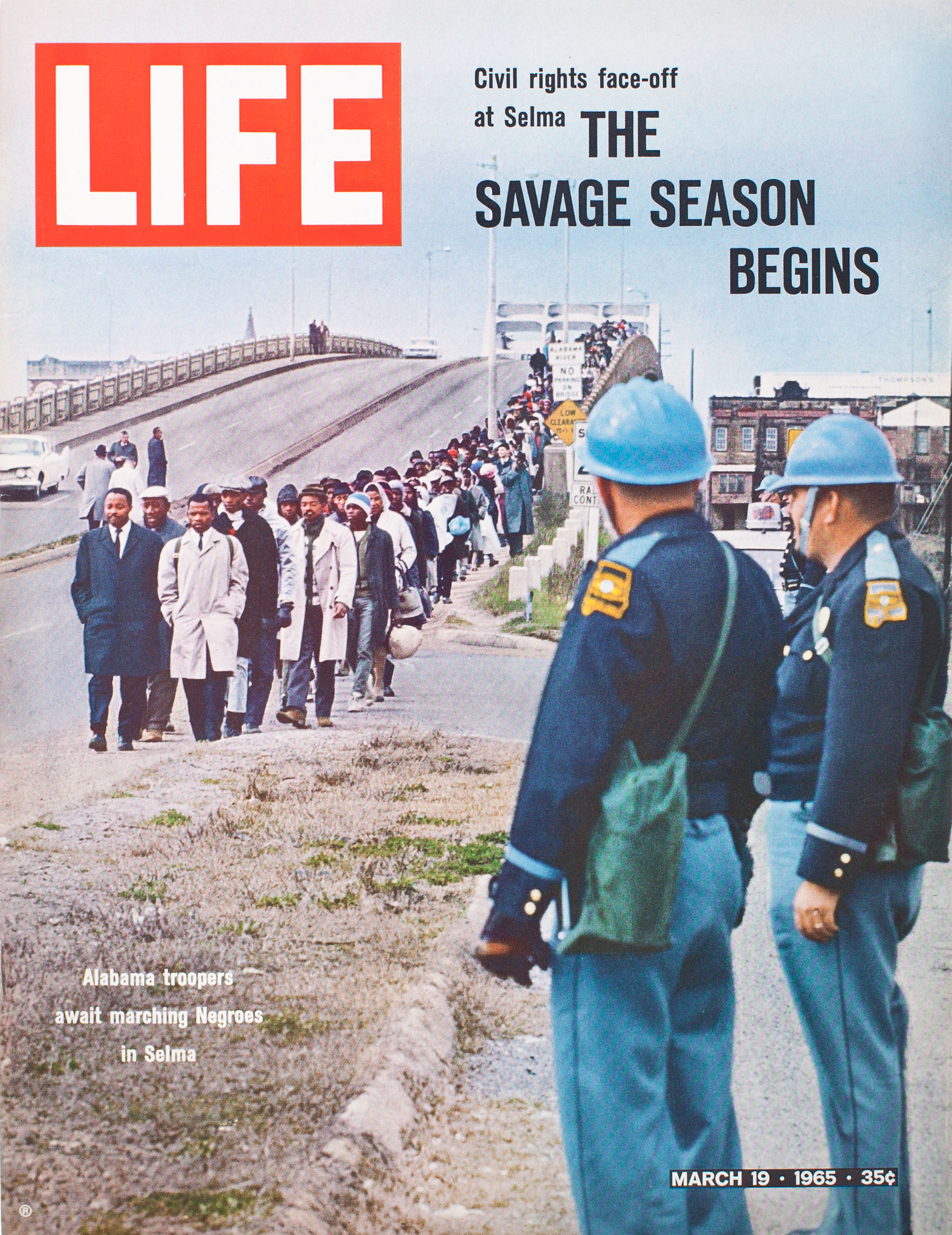
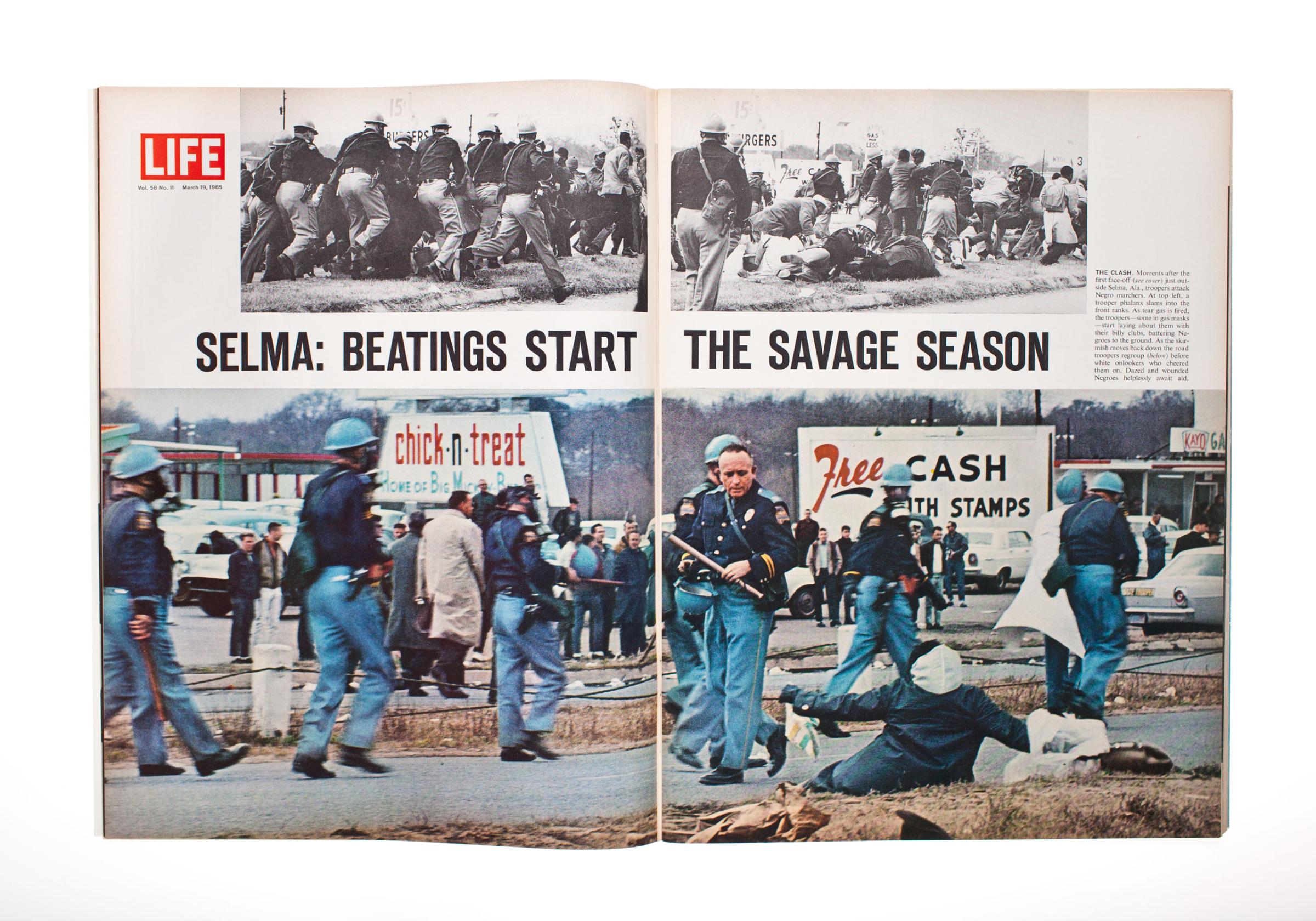
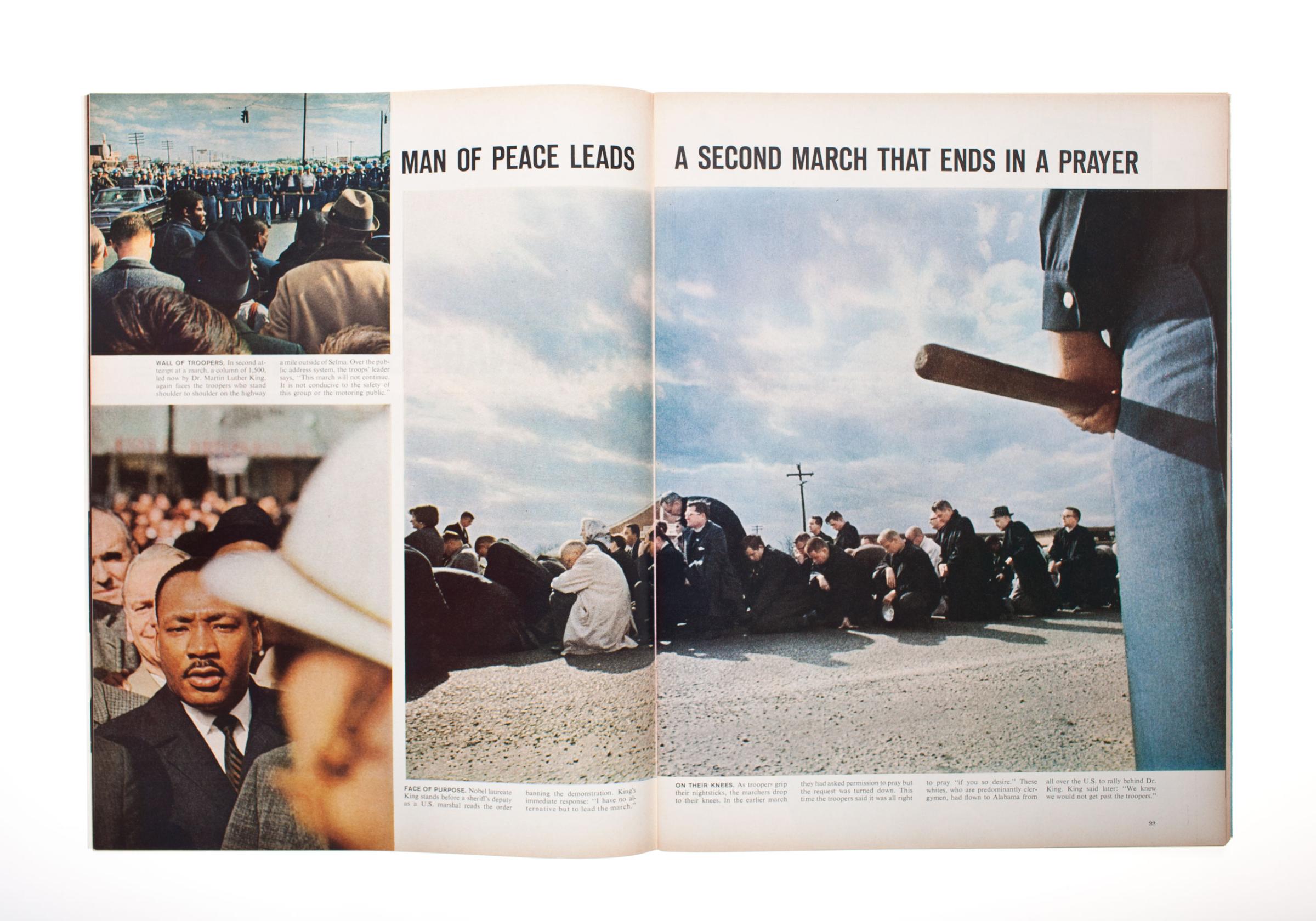

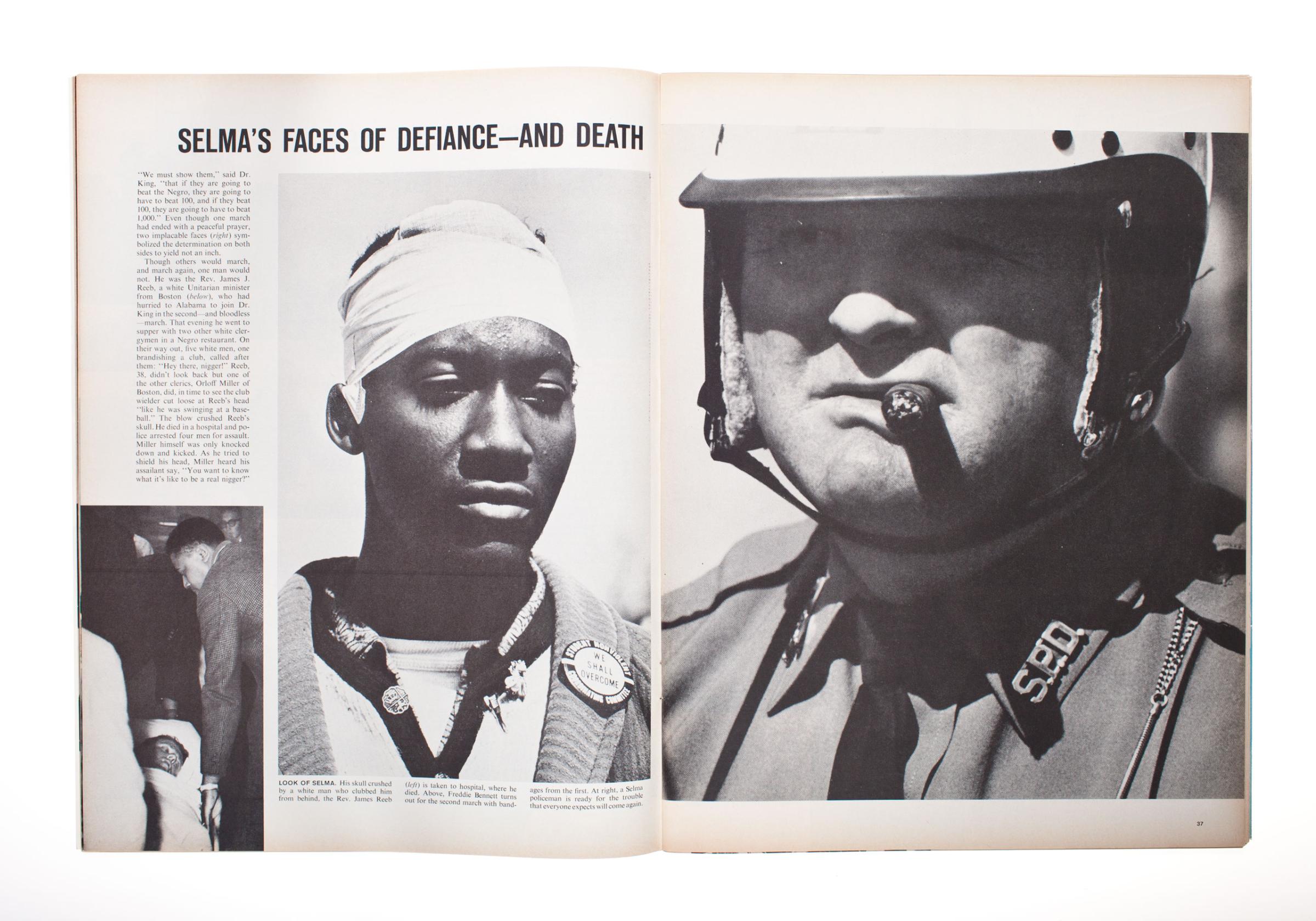
More Must-Reads from TIME
- Cybersecurity Experts Are Sounding the Alarm on DOGE
- Meet the 2025 Women of the Year
- The Harsh Truth About Disability Inclusion
- Why Do More Young Adults Have Cancer?
- Colman Domingo Leads With Radical Love
- How to Get Better at Doing Things Alone
- Michelle Zauner Stares Down the Darkness
Contact us at letters@time.com